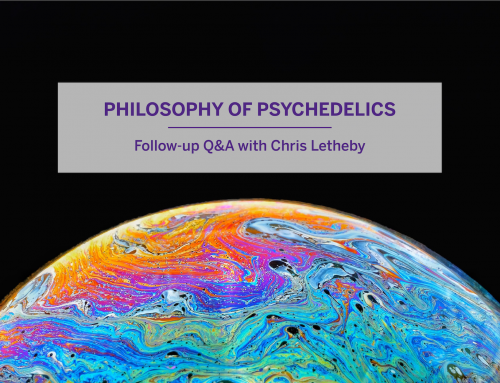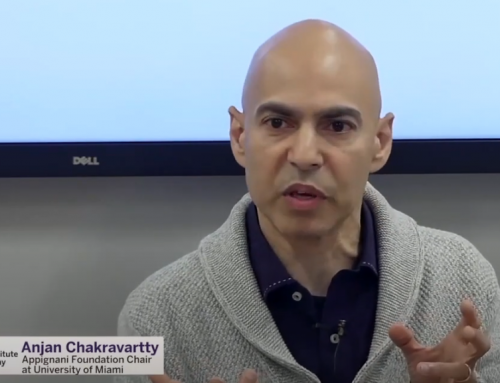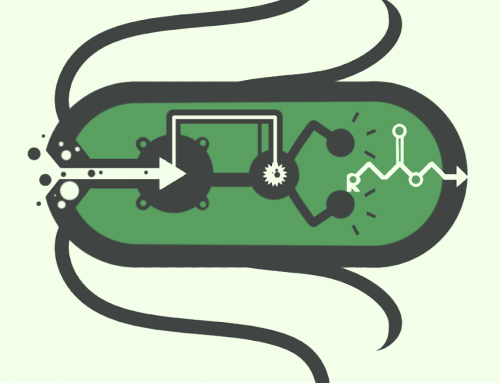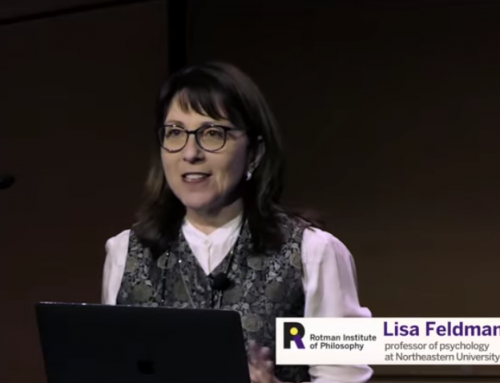by Dr. Chris Fiacconi
We have all had the experience of being in a potentially threatening situation. Your neck tenses, your heart pounds, and your palms sweat. You feel afraid, and try to escape from danger. In other words, you run away because you are scared. However, modern scientific research on how our brains generate emotional feelings questions this common sense view which holds that our behaviours are driven largely by our feelings. In fact, many scientific theories of emotion propose that exactly the opposite may in fact be true. That is, changes in our body and behaviour are used by the brain as cues in constructing different emotional experiences. This alternative view has begun to receive increased attention and acceptance thanks to the fascinating research being conducted by Dr. Hugo Critchley. Dr. Critchley’s work combines modern neuroimaging methods that allow us to observe the brain in action, with physiological measures of bodily signals (e.g., ECG, muscle activity) to study how the brain integrates information from the body to generate emotions. This research has provided remarkable new insights into the nature of our emotional experience by shedding light on the dynamic interactions between our body and our brains. Dr. Critchley’s talk will illustrate how such interactions are critical not only for emotion, but for constructing our conscious experience and sense of self.
Dr. Hugo Critchley’s lecture, Interoception, Emotion and Self: How the Heart Gates Feelings and Perceptions, is scheduled for this Thursday, October 15th. To view event details, and to register, please visit the event page.
Dr. Chris Fiacconi is a post-doctoral fellow in the Köhler Memory Lab at Western’s Brain and Mind Institute.






